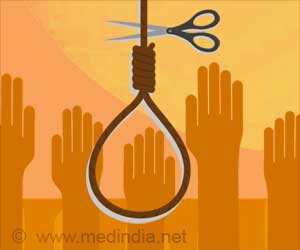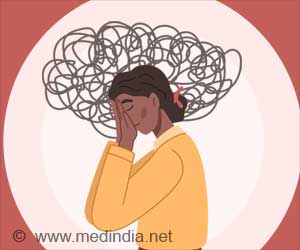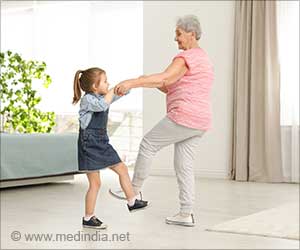The status of adolescent peer groups plays a significant role in determining the extent of influence a group may have on the behaviour of their members in their early teens
The status of adolescent peer groups plays a significant role in determining the extent of influence a group may have on the behaviour of their members in their early teens, according to researchers at the university of Western Ontario.
The researchers say that children who are part of the cool group are more likely to be influenced by their friends than others who are of friends with peers who are kind, nice, and well-liked.It is well know that by early adolescence, peer groups have a significant influence on children’s behaviour. The researchers wanted to determine whether some peer groups are more influential than others, and so they set out to conduct a study for the purpose.
They contrasted the effects of two types of peer group status on youngsters’ deviant, aggressive, and prosocial behaviour. The first type of group comprised of children who were cool and popular, while the second was made up of the kind, nice children everyone likes.
As many as 526 Canadian children in grades 5 through 8 who reported on their deviant behaviour (such as theft and skipping school) and identified peer groups in their grade during the study.
The children were asked to nominate classmates in their grade who were physically aggressive (who started fights), social aggressive (who excluded others), prosocial (who were kind to others), and whom they liked the most and the least. In all, the children identified 116 peer groups.
Over a period of three months, it was found that the children generally tended to become more similar in behaviour to the others in their group, but this occurred to a much greater extent in popular groups than in well-liked groups.
Advertisement
They found that group liking affected adolescents’ behaviour only when groups were disliked, and that members of deviant disliked groups became more deviant over time.
Preservation of popular status may propel group members beyond the boundaries of acceptable behaviour, and high motivation to belong to popular groups may cause group members to resist adult intervention attempts,” said Wendy E. Ellis, Assistant Professor of Psychology at King’s University College at the University of Western Ontario and the study’s lead author.
“In the long-term, however, popular group members may fare better than disliked children in deviant groups who have little exposure to prosocial behavior models and poor social relationships,” the researcher added.
Source-ANI
LIN/C




